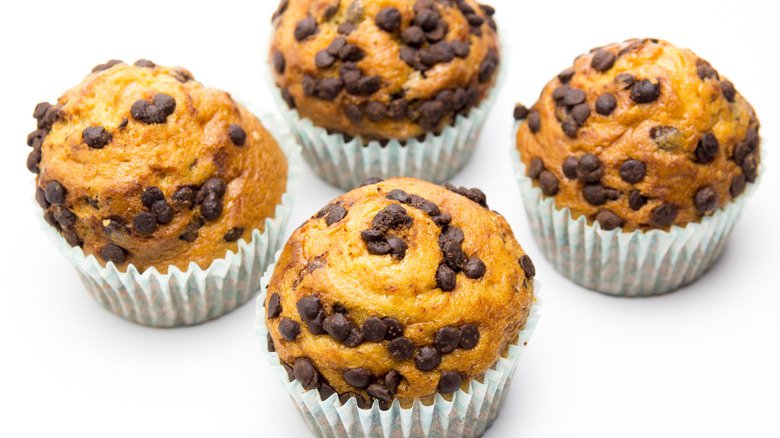Most People Believe They Eat Healthier Than They Actually Do
Fruits and vegetables? Check! Lean meat? Check! Whole grains? Check! You've got a handle on this healthy eating thing and you're proud of it. Maybe even a little bit smug. Then reality crashes your confidence when you hop on the scale and can't believe the number staring back at you. Or routine tests at your annual physical reveal borderline high cholesterol levels or elevated blood pressure. What's up with that? You eat right. You make healthy choices. Or do you?
A recent study by the American Society for Nutrition revealed most people have an inflated sense of their eating habits, often rating their daily food choices as being much healthier than they actually are. "We found that only a small percentage of U.S. adults can accurately assess the healthfulness of their diet," said Jessica Thomson, PhD, research epidemiologist with the U.S. Department of Agriculture's Agricultural Research Service in the Southeast Area. "And interestingly, it's mostly those who perceive their diet as poor who are able to accurately assess their diet."
That's right, people who exist on fast food, junk food, and fried food know it's not good for them — and they're honest about it. The rest of us? Not so much.
Why the disconnect?
The American Society for Nutrition study weighed data collected during the CDC's bi-annual National Health and Nutrition Examination Survey. Participants reported their eating habits over a 24-hour period and rated their food choices before turning their answers over to researchers who scored their overall eating habits. Approximately 85% of more than 9,700 participants inaccurately scored their eating habits, for better or worse, with a whopping 99% of those giving themselves far more credit for making healthy choices than their actual habits revealed.
Why such a significant disconnect? No one has a solid answer for that question, but it's probably not intentional. Brian Wansink, author of "Mindless Eating: Why We Eat More Than We Think," has a few theories. According to Healthy Food, Wansink posits that almost everyone underestimates their food consumption by what he calls the "mindless margin," basically a place of complacency where we naively accept all portions are created equal or, put another way, assume one muffin equals one serving, regardless of how gigantic that muffin may be.
There's no magic solution. The USDA's Thompson, who led the American Society for Nutrition's study, says it's a conundrum that's difficult to address without understanding what motivates our choices. Healthy Food, on the other hand, suggests being mindful and in the moment as we make food choices is as good a place as any to start merging our assumptions with reality.

